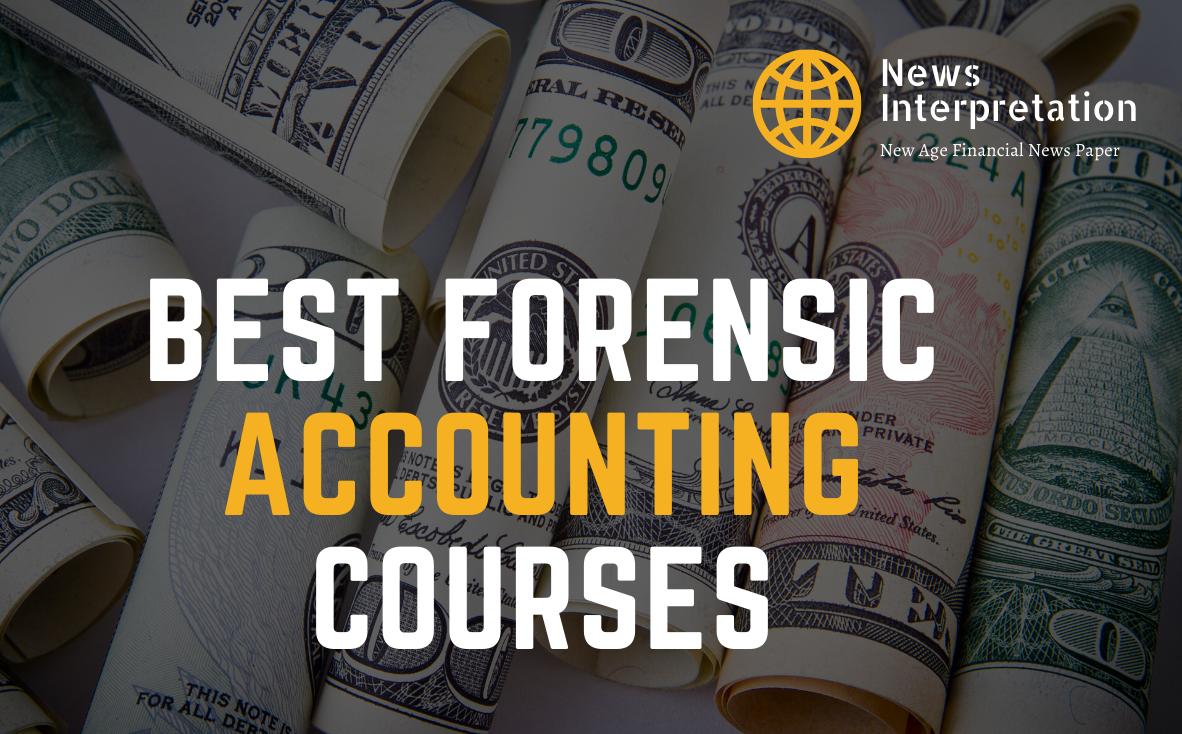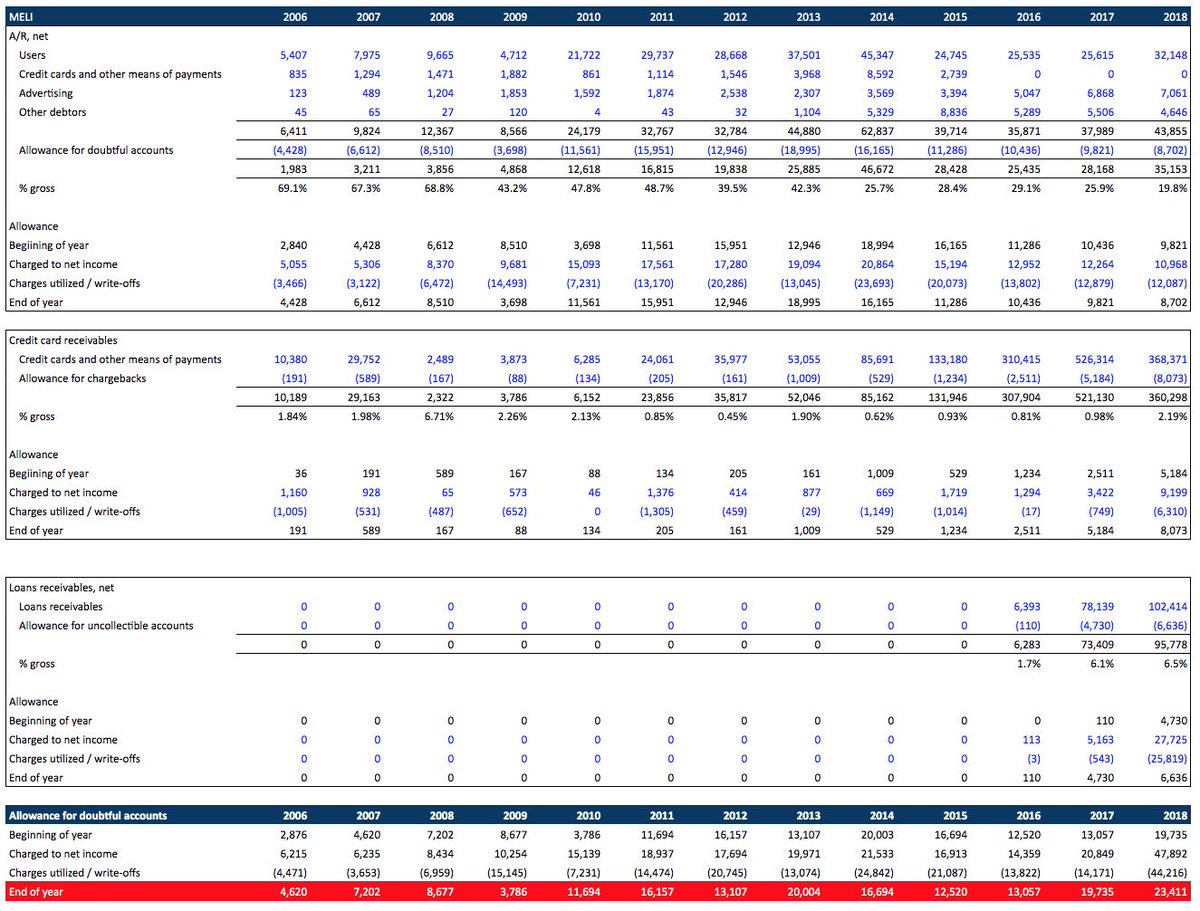
To become an accountant in Alaska, you must have completed 150 college credits and two years of general accounting skills. One of your credits can be counted if you have taught CPA exam review courses at an accredited university. All colleges must provide transcripts. A license exam will be required. Read on to find out more about the requirements for becoming a CPA in Alaska.
Alaska CPA License
It might be tempting to become a certified accountant in Alaska. Because Alaska's requirements may be less stringent than most, it could be simpler than you think. You will need 120 semester hours of education and at least two years experience working in an accounting firm. To become a licensed public accountant in Alaska, you will also need to pass an AICPA ethics exam.

There are several requirements for becoming certified public accountants (CPA) in Alaska. For the CPA Exam to be taken, applicants need to obtain a social insurance number (SSN). A Request for Exemption from Social Security Number Requirement form can be completed if you do not possess a SSN. The Alaska CPA Exam requires that applicants be at least 18 years of age.
Education requirements for a CPA in Alaska
For Alaska to become a Certified Public accountant, you need at least 150 hours of college education, two years' experience in general accountancy, and 80 hours of continuing professional learning (CPE). These requirements can be met by working experience or teaching CPA exam review classes at an accredited university. To fulfill these requirements, you need to submit transcripts of all colleges and universities from which you took accounting coursework.
A bachelor's degree is required in order to become a CPA Alaska. You will need a minimum 3.2 GPA in math and two years of experience. You must also have completed an education program approved by the AICPA, which includes the Professional Ethics course. This course is available online at AICPA. To become a certified public accountant for Alaska, you will need to pass the comprehensive exam of AICPA.
Alaska CPA Exams
Applicants for the Certified Public Accountants examination in Alaska must meet certain educational and experience requirements. They must also be at least 19 and good-mannered. They must have completed nine semesters of accounting or similar courses, including advanced accounting. You must also have a bachelor's or equivalent degree and 150 semester hours college credit in mathematics, law, economics and business.

Education: CPA exams in Alaska don't require students to have 150 hours of college education. They must have a Bachelor's degree in accounting or a related field, including auditing and taxation. Non-accounting degrees are acceptable as long as they include 15 hours of accounting coursework. Alaska CPA exams require candidates to have at least one (1) year of public accounting experience.
FAQ
What do I need to start keeping books?
You will need a few things to begin keeping books. These are a notebook with a pencil, calculator, printer and stapler.
What does an accountant do and why is it important?
An accountant keeps track all the money that you earn and spend. They also keep track of the tax you pay and any deductions.
An accountant can help you manage your finances and keep track of your incomes and expenses.
They are responsible for preparing financial reports that can be used by individuals or businesses.
Accountants are needed because they have to know everything about the numbers.
Accounting also assists people in filing taxes and ensuring that they pay as little as possible tax.
Why is reconciliation important
This is important as you never know when errors might occur. Mistakes include incorrect entries, missing entries, duplicate entries, etc.
These problems can have serious consequences such as inaccurate financial statements, missed deadlines and overspending.
What is the difference in accounting and bookkeeping?
Accounting is the study of financial transactions. Bookkeeping is the recording of those transactions.
These are two related activities, but separate.
Accounting deals primarily on numbers, while bookkeeping deals mostly with people.
For reporting purposes on an organization's financial condition, bookkeepers keep financial records.
They ensure that all the books are balanced by correcting entries for accounts payable, accounts receivable or payroll.
Accountants review financial statements to determine compliance with generally accepted Accounting Principles (GAAP).
If they don't, they might suggest changes to GAAP.
Accounting professionals can use the financial transactions that bookkeepers have kept to analyze them.
What's the difference between a CPA or Chartered Accountant?
Chartered accountants are certified accountants who have successfully completed the exams necessary to become chartered. Chartered accountants have more experience than CPAs.
Chartered accountants are also qualified to offer tax advice.
The average time to complete a chartered accountancy program is 6-8 years.
Why Is Accounting Useful for Small Business Owners?
Accounting is not only for large businesses. Accounting is beneficial to small business owners as it helps them keep track and manage all the money they spend.
You likely already know how much money you get each month if your small business is profitable. But what happens if you don’t have a professional accountant to help you with this? It's possible to be confused about where your money is going. You could also forget to pay bills on-time, which could impact your credit score.
Accounting software makes it easy for you to keep track and manage your finances. There are many types of accounting software. Some are free while others cost hundreds to thousands of dollars.
You will need to learn the basic functions of every accounting system. This way, you won't waste time learning how to use it.
These are three basic tasks that you need to master:
-
Record transactions in the accounting system.
-
Keep track of incomes and expenses.
-
Prepare reports.
Once you have these three skills, you are ready to begin using your new accounting program.
Statistics
- Given that over 40% of people in this career field have earned a bachelor's degree, we're listing a bachelor's degree in accounting as step one so you can be competitive in the job market. (yourfreecareertest.com)
- a little over 40% of accountants have earned a bachelor's degree. (yourfreecareertest.com)
- According to the BLS, accounting and auditing professionals reported a 2020 median annual salary of $73,560, which is nearly double that of the national average earnings for all workers.1 (rasmussen.edu)
- Given that over 40% of people in this career field have earned a bachelor's degree, we're listing a bachelor's degree in accounting as step one so you can be competitive in the job market. (yourfreecareertest.com)
- In fact, a TD Bank survey polled over 500 U.S. small business owners discovered that bookkeeping is their most hated, with the next most hated task falling a whopping 24% behind. (kpmgspark.com)
External Links
How To
How to get a degree in accounting
Accounting is the act of recording financial transactions. Accounting can include recording transactions made by individuals, companies, or governments. Accounting refers to bookkeeping records. These data are used by accountants to create reports that help companies or organizations make decisions.
There are two types, general (or corporate), accounting and managerial accounting. General accounting focuses on the reporting and measurement of business performance. Management accounting deals with the management, analysis, as well as monitoring, of organizational resources.
An accounting bachelor's degree prepares students for entry-level positions as accountants. Graduates might also be able to choose to specialize, such as in auditing, taxation, finance or management.
A good knowledge of the basics of economics is essential for students who wish to study accounting. This includes cost-benefit analysis and marginal utility theory. Consumer behavior and price elasticity are just a few examples. They will need to be familiar with accounting principles and different accounting software.
A Master's degree is available for students who have completed at most six semesters of college courses. Graduate Level Examinations must also be passed. This exam is typically taken after three years of study.
Four years of undergraduate education and four years postgraduate study are required to become certified public accountants. Candidates must then take additional exams before they can apply for registration.